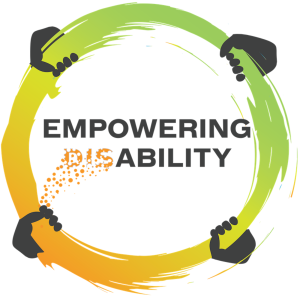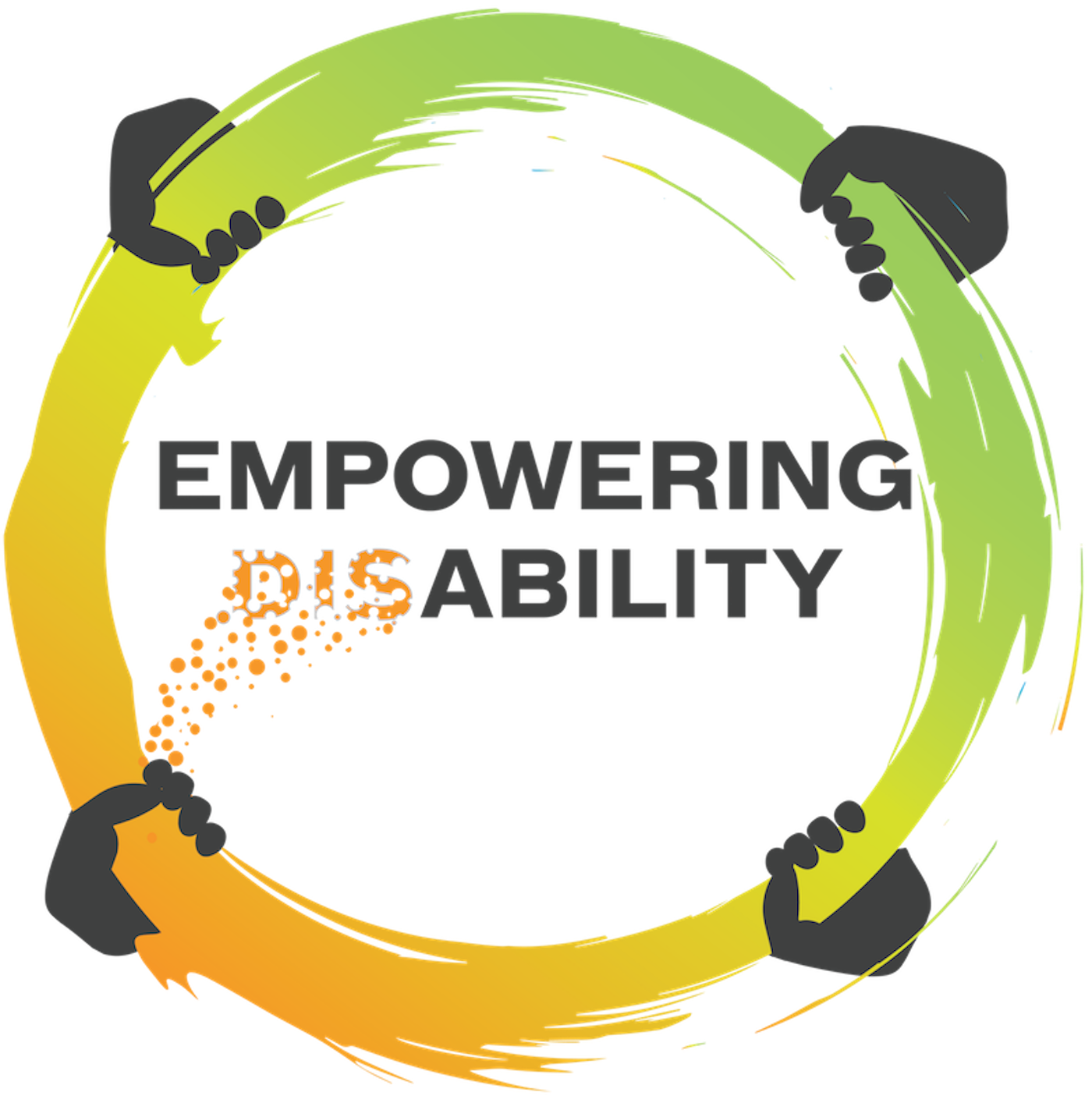Episodes

Wednesday Aug 16, 2017
#024: Breaking Down Stigma, with Jackie Goldstein
Wednesday Aug 16, 2017
Wednesday Aug 16, 2017
In my conversations with people with disabilities, their families, and supporters one of the biggest dreams they have is social acceptance. This blog and podcast gives steps we can take to start creating a more inclusive world for people with disabilities.
We are talking stigma in part 2 of our interview with Jackie Goldstein. Jackie is an observer, educator, author and speaker on community care support models. Jackie's book, 'Voices of Hope For Mental Illness; Not Against, With', shares the stories of many community care models across the world, and she also discusses Dr. Patrick Corrigan’s work on breaking down stigmas.
Miriam-Webster Dictionary defines stigma as: a set of negative and often unfair beliefs that a society or group of people have about something. Paraphrasing from the podcast Jackie Goldstein shares, “Stigmas develop out of stereotypes. When people think of mental illness (and disability) we are afraid, and we think people with a mental illness will be a problem to take care of. We all develop stigma about people’s skin colour, age, and country of origin, etc. What we do is we take limited information, and we apply it to an entire group. This isn’t fair to the individual.”
Patrick Corrigan US based Author and advocate for people with mental illness, has conducted research studies on stigma and found that there are three different approaches we can take to break down stigma. Patrick Corrigan focuses on mental illness, but I believe there is a large overlap with disabilities in general.
The 3 Common Weapons to Break Stigma:
1. Protest. Making people aware of the cause/ situation. Example: March and demonstrate in the street, or write a letter to the editor.
2. Education. Provide information so that people can make informed decisions. Example: Listen to a podcast or watch a video to learn about a cause or situation.
3. Contact. Interaction with a person that you hold that stigma against. Example: Have a conversation with a person that has a mental illness.
Effectiveness of These Weapons:
In a 2002 publication of World Psychiatry, Patrick Corrigan and Amy Watson shared these findings in the article titled, ‘Understanding the impact of stigma on people with mental illness’.
“Protest is a reactive strategy; it attempts to diminish negative attitudes about mental illness, but fails to promote more positive attitudes that are supported by facts. Education provides information so that the public can make more informed decisions about mental illness. This approach to changing stigma has been most thoroughly examined by investigators. Research, for example, has suggested that persons who evince a better understanding of mental illness are less likely to endorse stigma and discrimination (17,19,52). Hence, the strategic provision of information about mental illness seems to lessen negative stereotypes. Several studies have shown that participation in education programs on mental illness led to improved attitudes about persons with these problems (22,53-56). Education programs are effective for a wide variety of participants, including college undergraduates, graduate students, adolescents, community residents, and persons with mental illness. Stigma is further diminished when members of the general public meet persons with mental illness who are able to hold down jobs or live as good neighbors in the community. Research has shown an inverse relationship between having contact with a person with mental illness and endorsing psychiatric stigma (54,57). Hence, opportunities for the public to meet persons with severe mental illness may discount stigma. Interpersonal contact is further enhanced when the general public is able to regularly interact with people with mental illness as peers.”
These research findings highlight the importance of sharing our individual and family stories of disability to break down stigma. We can educate people about our disabilities through a blog, video, or story book. Or better yet, we can make contact with others and share our story in conversation. This creates a common understanding and builds connection. A story I've heard of a family that effectively broke down stigma for their daughter with a disability wrote a story book complete with pictures to share their daughter's journey with her classmates (she was in a regular classroom). The other kids in the class were so interested in the story they each started to take the book home to share the story with their parents. After learning the daughter’s story, the other kids and parents were no longer scared of the disability, and started to interact with her more.
Patrick Corrigan also writes about self-stigma and how it negatively impacts us. You can read more about self-stigma in this interview with Patrick Corrigan by Aisha Jamil: Q&A with Dr. Patrick Corrigan: Public Disclosure Promotes Empowerment and Reduces Self-Stigma
Jackie leaves us with a brilliant quote from the podcast, “When you are all doing the same thing people forget about the disability and it isn’t noticed.”
Our mini-series on housing for people with disabilities is continuing so go ahead and Subscribeto the mailing list to get all 6 episodes sent directly to your inbox!
Love & Respect,
Eric
Resources:
Email Jackie: jlgoldst@samford.edu
Jackie's Book, 'Voices of Hope for Mental Illness: Not Against, With' Click Here
Q&A with Dr. Patrick Corrigan: Public Disclosure Promotes Empowerment and Reduces Self-Stigma: Click Here
Dr. Patrick Corrigan, World Psychiatry publication: ‘Understanding the impact of stigma on people with mental illness’
If you received value from this content please leave me a review on iTunes. By leaving a 5 star review on iTunes you make the Empowering Ability Podcast more discoverable, and more families will benefit. Click Here To Leave a Review on iTunes
The Empowering Ability Podcast is available on iTunes and various other apps so that you can listen while on the go from your smartphone!


No comments yet. Be the first to say something!